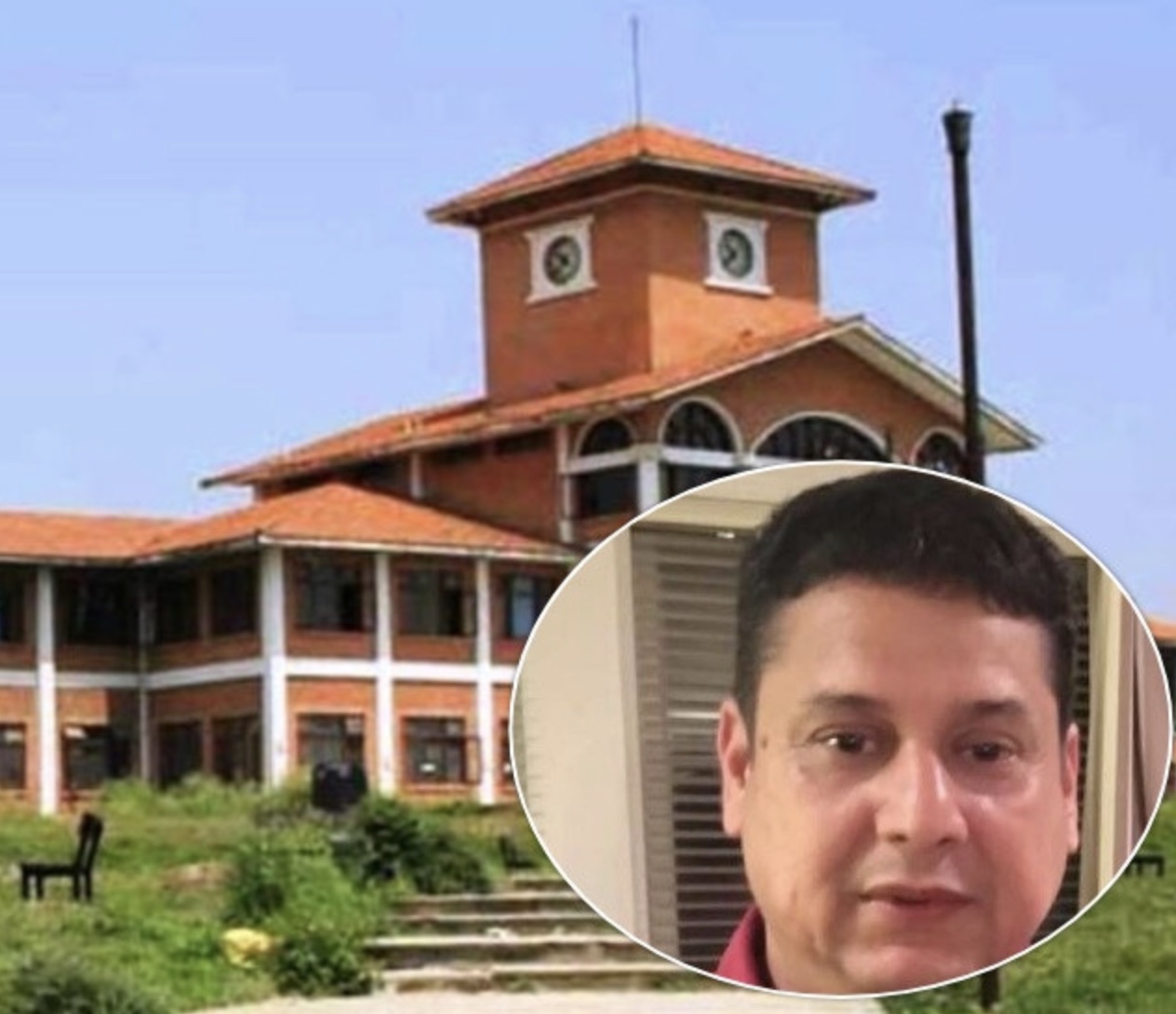KATHMANDU, Sept 19: Home Minister Om Prakash Aryal, who assumed office in the wake of the September 8–9 Gen Z protests with a mandate to hold elections within six months, has said the government is ready to take all necessary steps to ensure Gen Z’s participation in the upcoming House of Representatives (HoR) polls scheduled for March 5, 2026.
Minister Aryal made the remarks during a meeting at the Election Commission (EC) that was attended by representatives from various security agencies. With the election deadline fast approaching, he assured full government support to the EC in fulfilling its constitutional responsibilities.
A central issue under discussion was whether thousands of Gen Z youth—the very group that spearheaded the movement which toppled a two-thirds majority government—would be able to cast their votes.
Govt recommends president to issue five ordinances

Under current law, citizens 18 and older can vote only if they are registered on the EC’s voter list. Yet many young people miss out on registration unless special campaigns are launched. The challenge is further compounded by Subsection 2(2) of Section 4 of the Voter Registration Act 2073, which bars new voter registrations once an election date is declared.
To address this, the government may introduce an ordinance amending the law. “The Minister has expressed full confidence that the government will do whatever is necessary to allow more youth to participate in the election,” EC Information Officer Suman Ghimire said.
As of April 13, 2025, Nepal had 18,148,654 registered voters—about 160,000 more than during the 2022 HoR election. Tens of thousands of additional young voters could be added if the ordinance is passed.
The EC has also asked the government for wider support, including guarantees of peace and security, adequate resources, and political consensus to ensure credible elections. Minister Aryal, in turn, instructed relevant agencies to begin preparations immediately.
The meeting further touched on the possibility of allowing Nepalis abroad to vote. Two options were discussed—online voting and setting up polling centers overseas. But both appear unlikely. Officials cited Nepal’s weak cybersecurity infrastructure as a risk for digital voting, while overseas polling was seen as prohibitively expensive and logistically unfeasible.





































